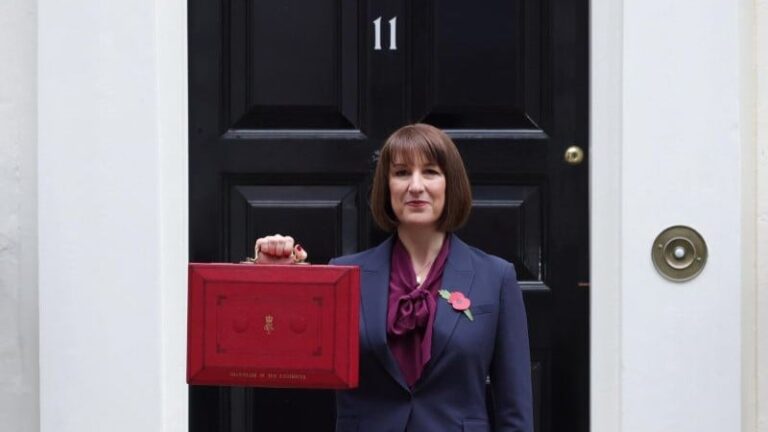On October 30, Labor Chancellor Rachel Reeves announced the government’s first budget since it came to power on July 4.
With a mixed response from the industry, the budget promises higher oil and gas taxessupport for electric vehicle (EV) production and made the first £125m available to Labour’s Great British Energy Company.
GB Energy aims to solve the problem of high energy prices, financing and developing sustainable generation in the UK. Vicky Parker, energy and utilities leader at law firm PwC UK, suggested the Budget was “slight on specific funding announcements for the energy sector”.
Reeves reaffirmed the £3.4 billion investment in the Warm Homes Plan promised in the Labor manifesto, but ultimately little concrete promise was made to support domestic decarbonisation.
Yselkla Farmer, CEO of BEAMA, the UK trade body for energy infrastructure and systems, said: “Making big investment pledges is a valuable political signal, but the Government must urgently look at the tricky details that will decarbonise the will promote people’s lives and achieve longer lifespans. long-term financial benefits and quality of life.”
Thomas Farquhar, co-founder of Liverpool-based low-carbon start-up Heatio, called the budget a “mixed bag” in terms of commitment to net zero emissions.
He welcomed the ambition of the Warmer Homes program but was disappointed that there was “nothing new” in low-carbon technology for British homes. He pointed to the absence of the Clean Heat Market Mechanism, which requires manufacturers of heating appliances to meet annual targets for the share of heat pumps they sell.
Farquhar added: “The lack of action or clarification on the Future Home Standards is also a missed opportunity. Continuing to build new homes without the basic services needed to combat climate change makes no sense.”
A weakened Future Homes Standard
After the solar sector exposed a rumored weakening of the Future Homes Standard, the Department of Housing, Communities and Local Government called the claims false.
When our sister site Current± When asked the ministry whether it was likely that the Future Homes Standard would be weakened to ‘encourage’ new-build homes and not require them to install solar panels, a spokesperson replied: carbon standards. We want solar panels on as many new-build homes as possible.”
It is worth noting that no plans have been announced to weaken the Future Homes Standard in its current form. What the industry criticized, and what the ministry failed to acknowledge, is the lack of a requirement for new construction projects to include solar systems.
David Cowdrey, acting chief executive of the MCS Foundation, a charity that certifies solar installations, said: “The government’s apparent inability to require solar panels on all new developments is extremely disappointing and represents a huge missed opportunity.
“Allowing loopholes with vague ‘incentives’ to developers is simply not enough to meet net zero requirements and maximize the opportunity for rooftop solar.
Vol coverage of the autumn budget And proposed changes to the Future Homes Standard is available in our sister publication, Current±


